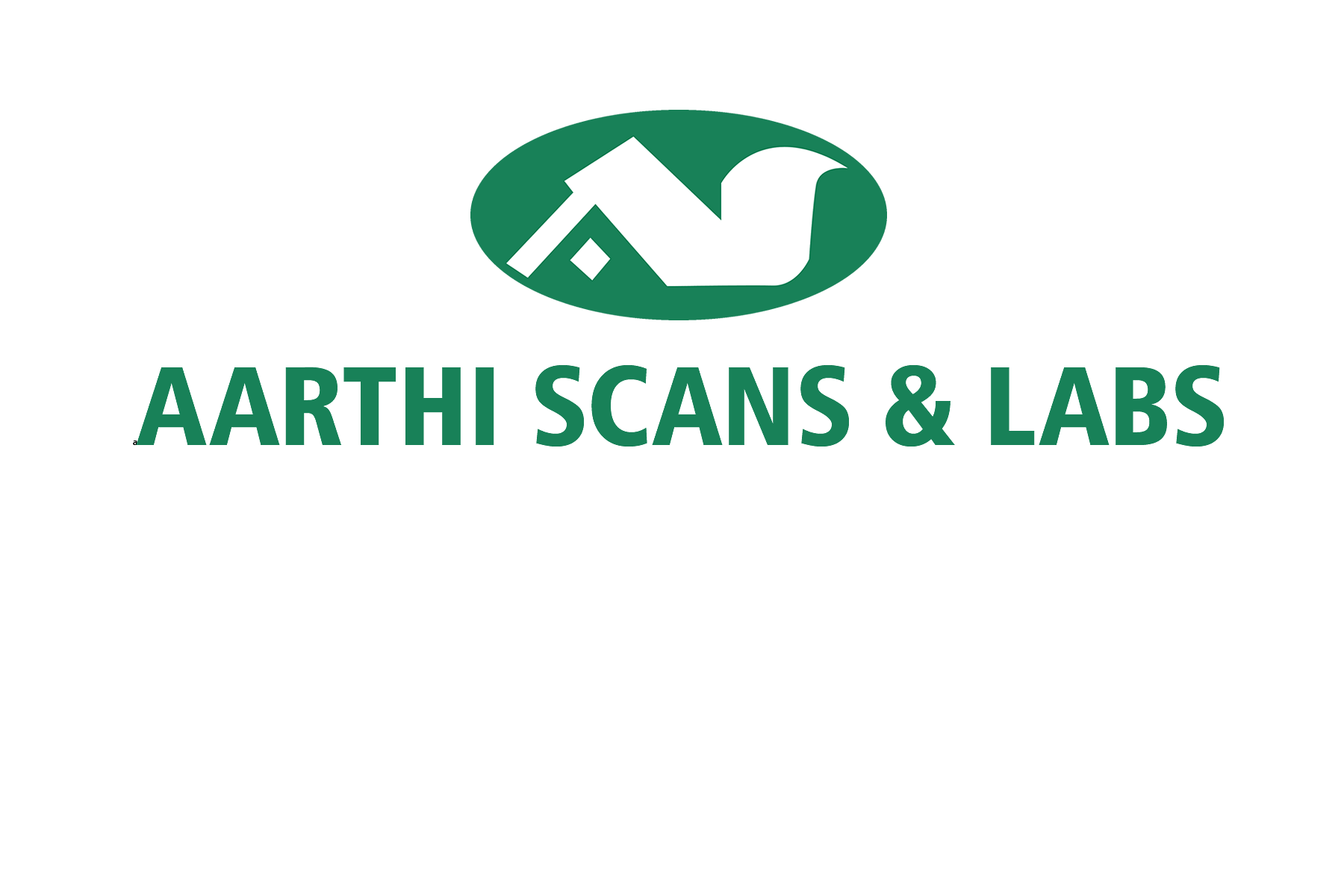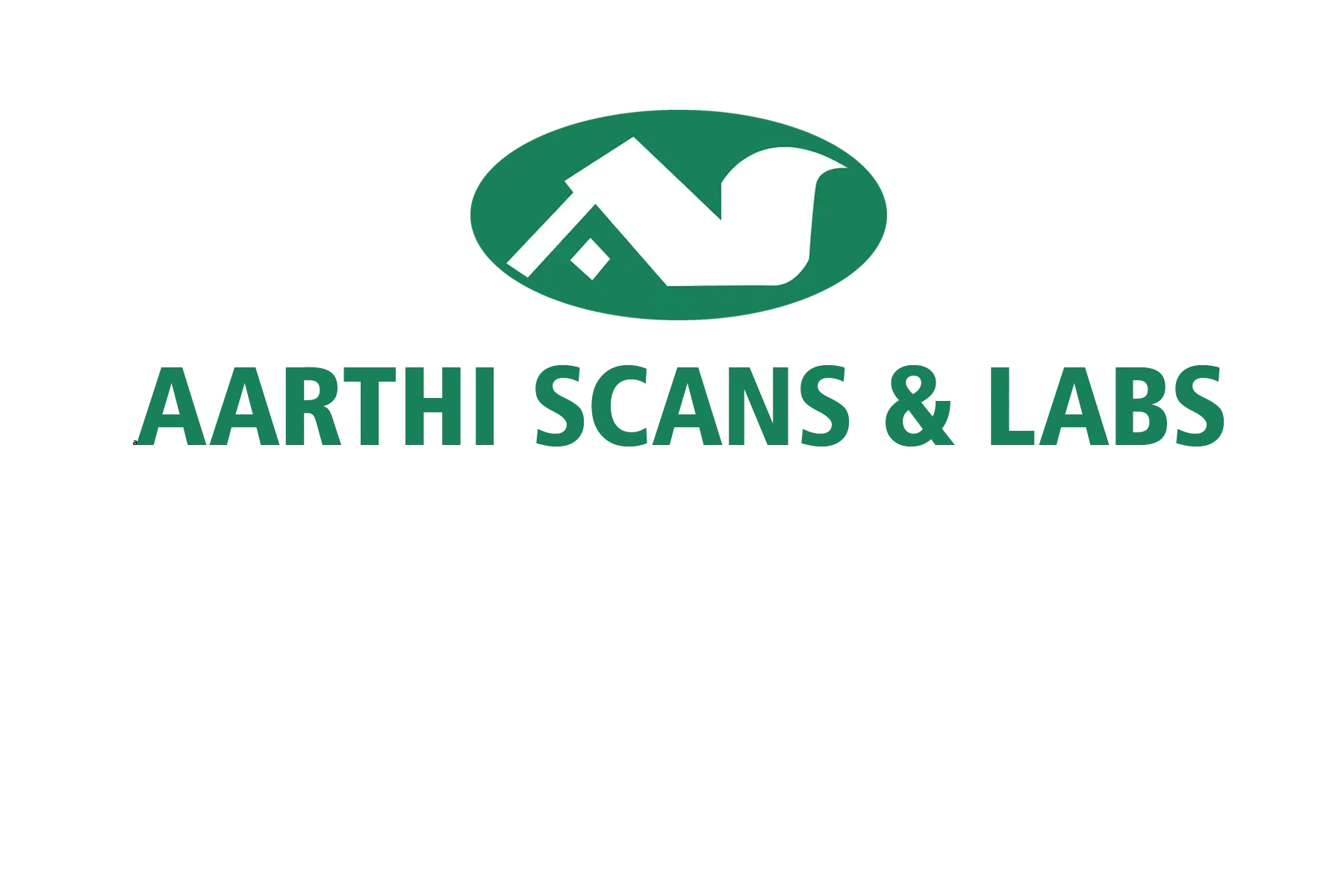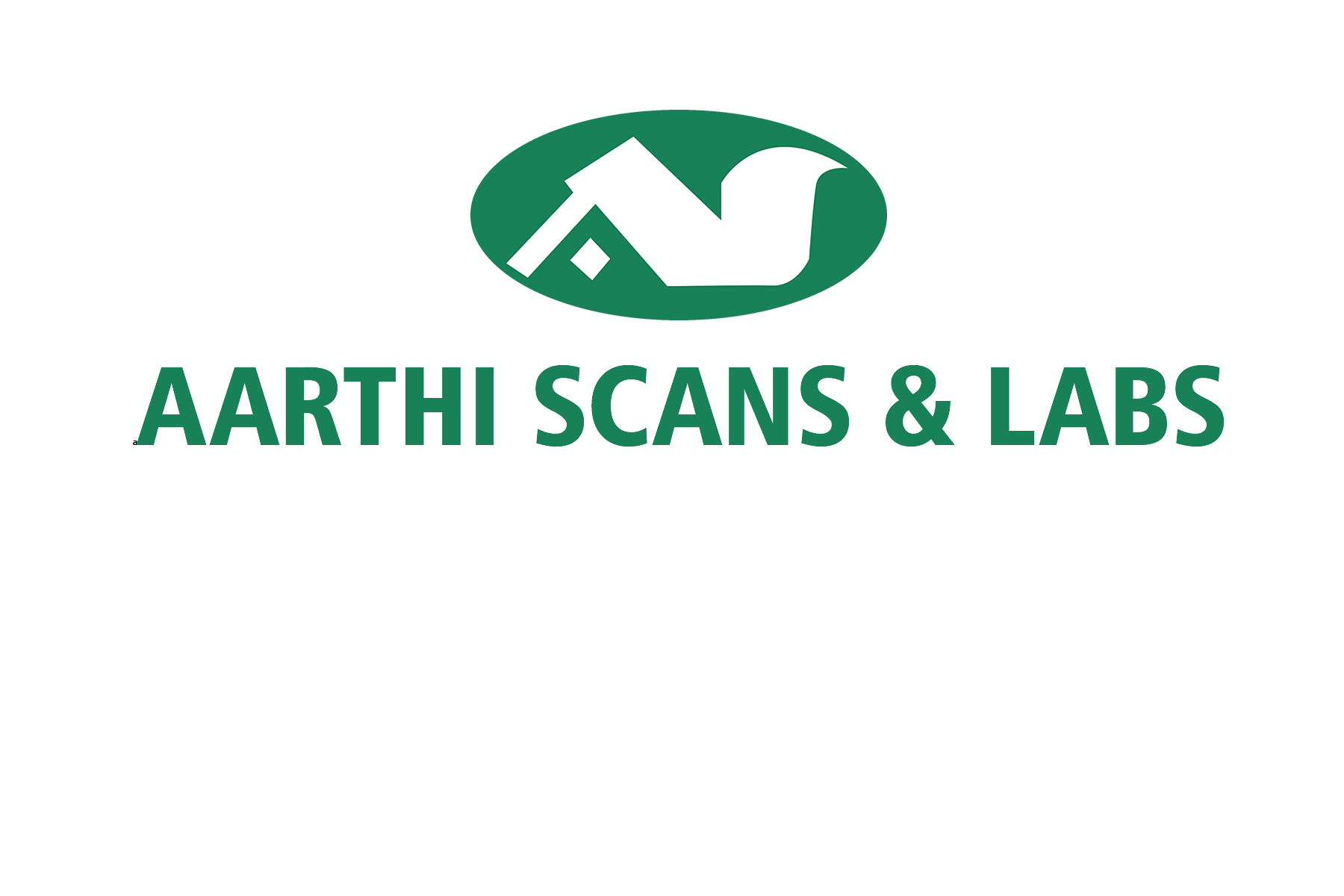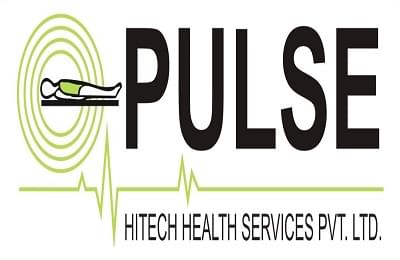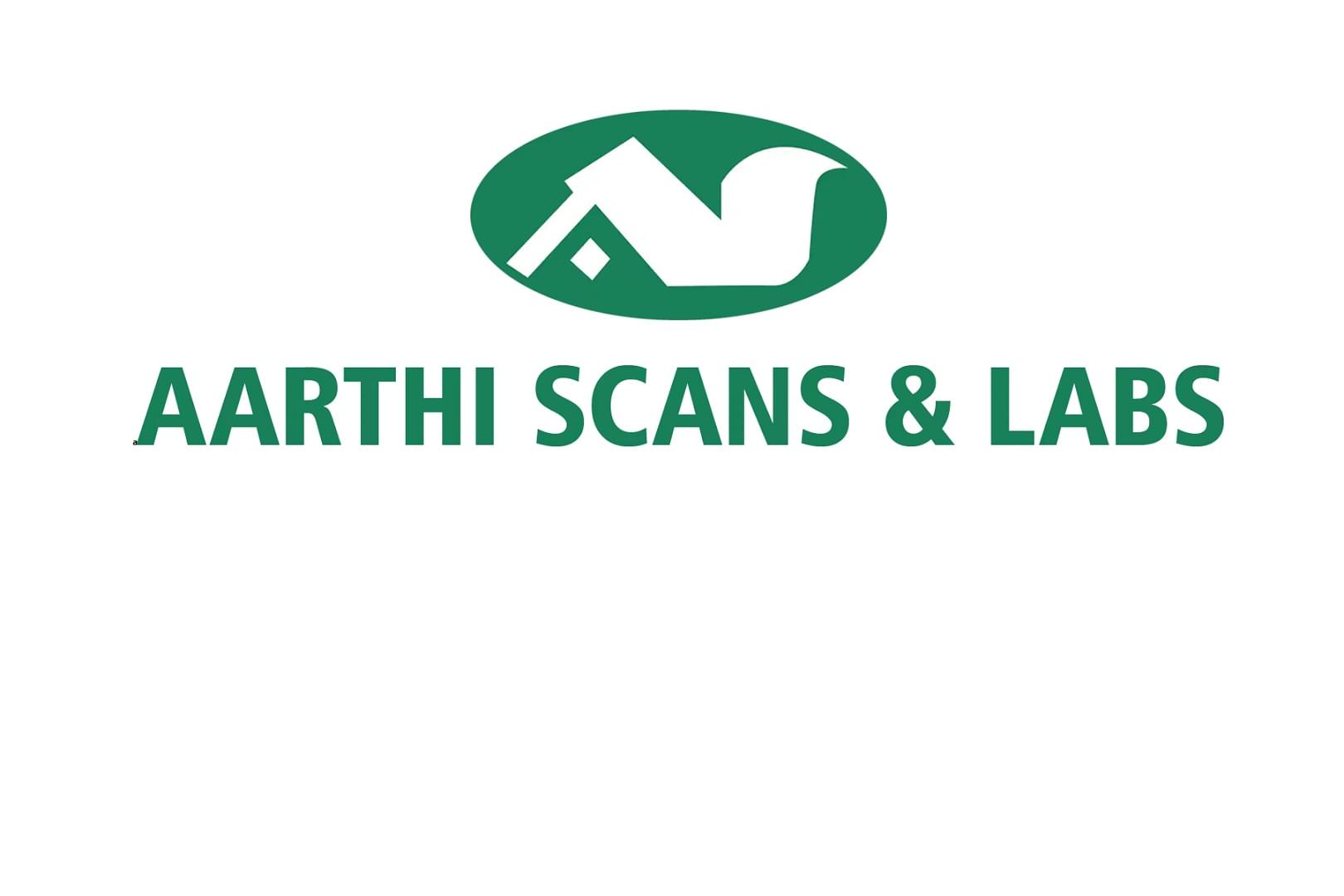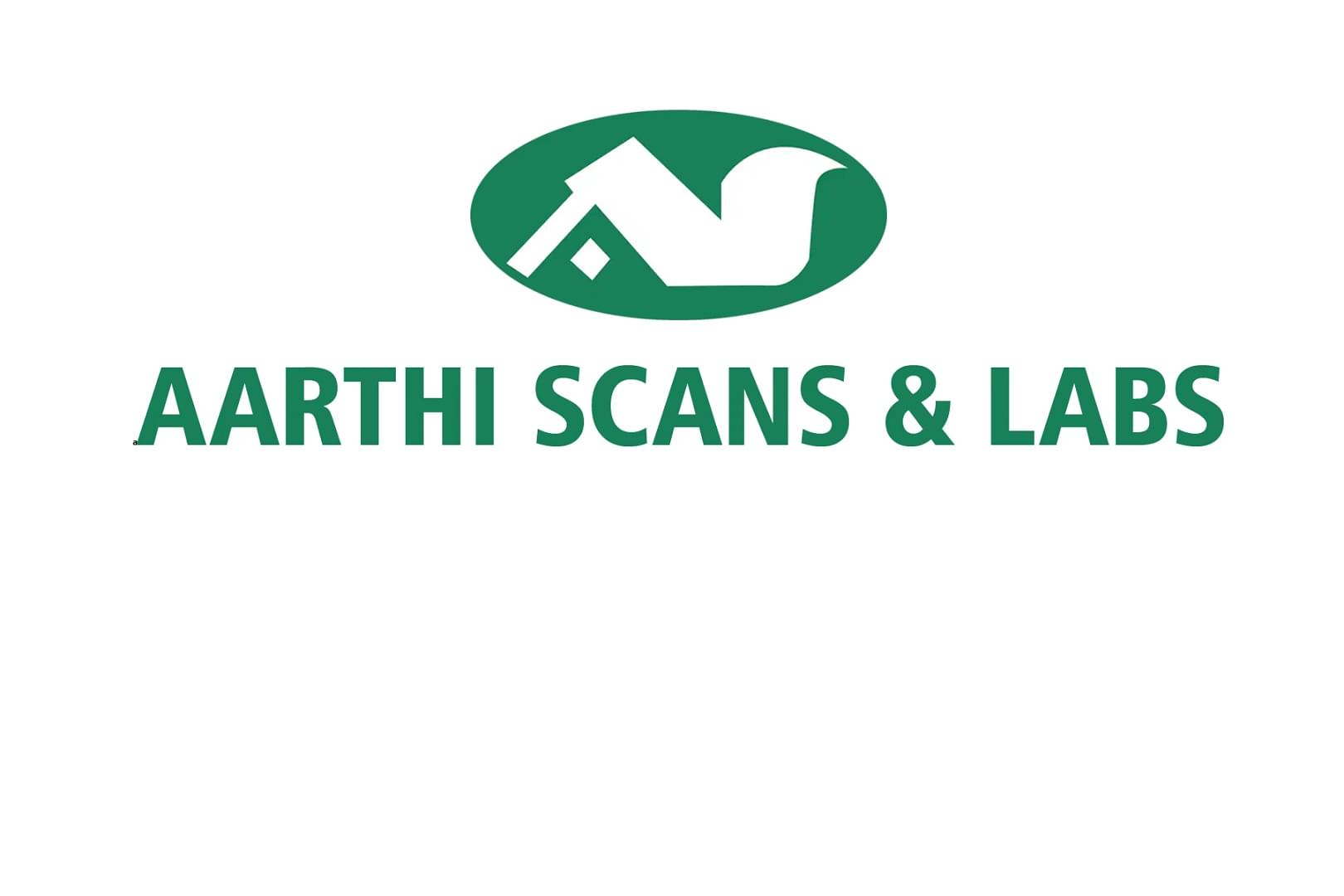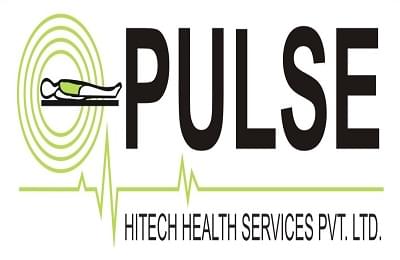Content created by
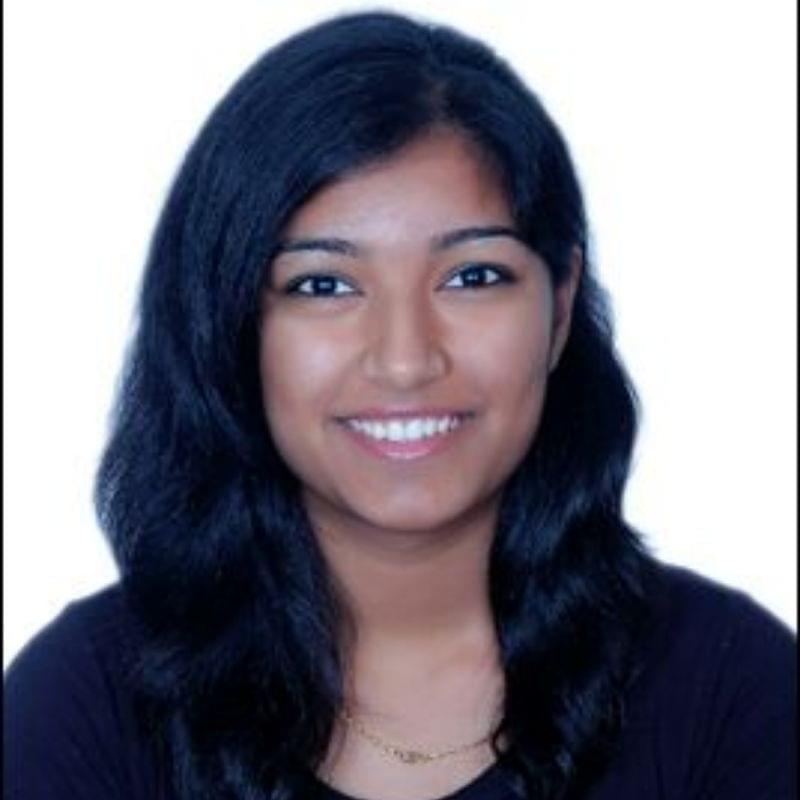

MRI Right Shoulder Joint (MRI)
This test is for
Male, Female
Test Preparation
Understanding MRI Right Shoulder Joint (MRI)
What is MRI Right Shoulder Joint (MRI)?
MRI of right shoulder joint is an non invasive test used to visualize detailed pictures of the bones, tendons, muscles and blood vessels within the shoulder joint using strong magnetic field. MRI of the shoulder is used to detect the disease like arthritis, joint abnormalities, fractures, sport related injuries, infections, tumors or to check the progress after shoulder surgery . You may need this test if you have an unexplained shoulder pain of decreased motion of the shoulder joint that does not get better with treatment. This test is also recommended after the shoulder surgery to check the progress.
What is MRI Right Shoulder Joint (MRI) used for?
- To diagnose any fracture of the bones that form the shoulder joint
- To look for signs or changes of osteoporosis, deformities or abnormal growth of the bones
- To diagnose any suspected shoulder dislocation, frozen shoulder, and arthritis of this joint
- To diagnose infection of the bones (osteomyelitis) and the soft tissues (abscess)
Answers to Patient Concerns & Frequently Asked Questions (FAQs) about MRI Right Shoulder Joint (MRI)
Frequently Asked Questions about MRI Right Shoulder Joint (MRI)
Q. What are the drawbacks of a bone X-ray?
X-ray images give a very clear view of the bones. However, it does not provide a good visual image of the soft tissues like tendons, muscles or fat tissue under the skin. Even the bone microfractures or complicated spine injuries are not clearly visible on the X Ray images. Apart from this, it also exposes the patient to some amount of radiations but the benefit of the information gained from an X-ray image outweighs the risk of radiations.
Q. Who interprets the X-ray results?
The interpretation of an X-Ray image is carried out by a radiologist who analyses or reads the X-ray image and prepares a report of the findings which is shared with the patient.
Other tests

Other similar tests

Our popular tests
Frequently Booked Together
Need help? Call us at 1800-212-2323 or get a call back from our health advisor







